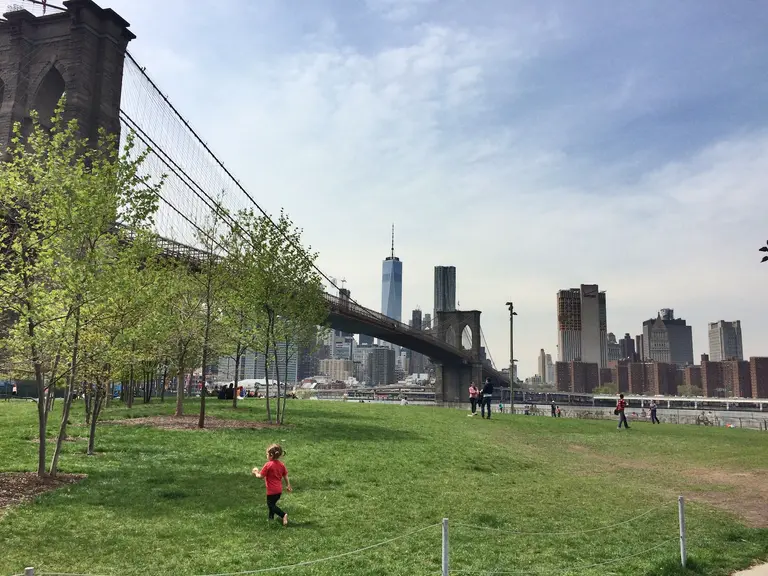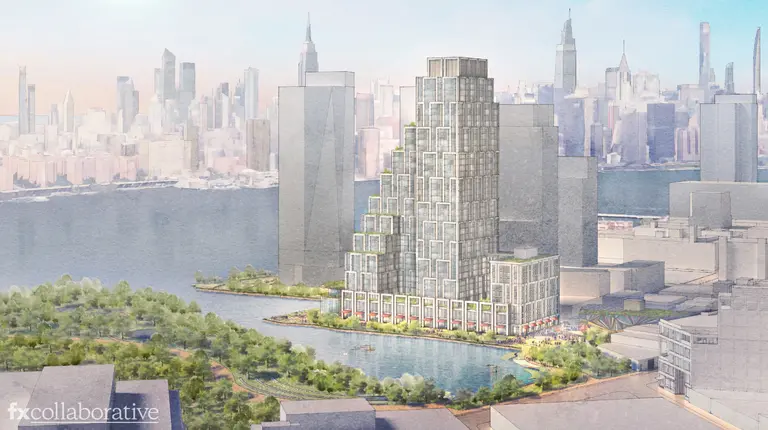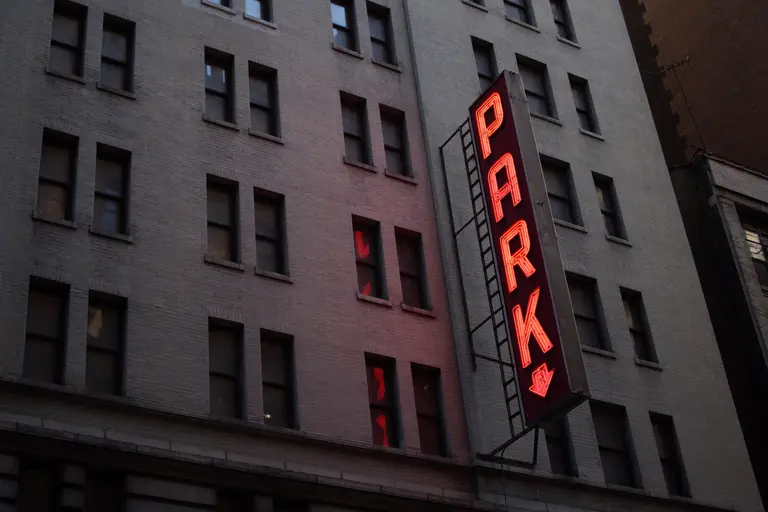March 1, 2022
Brooklyn officials are calling for the end of minimum parking requirements at new construction projects in transit-rich neighborhoods. Currently, developers of most new residential developments in the borough must create off-street parking spaces for both as-of-right and rezoned projects. Officials argue parking minimums disrupt the area by adding congestion, reducing walkability, and producing more carbon emissions. While changing requirements is seen as more of a long-term goal, officials on Monday voiced a temporary solution: asking the Department of City Planning to encourage developers to include special permit applications to waive parking requirements for any residential project subject to rezoning.
Find out more


